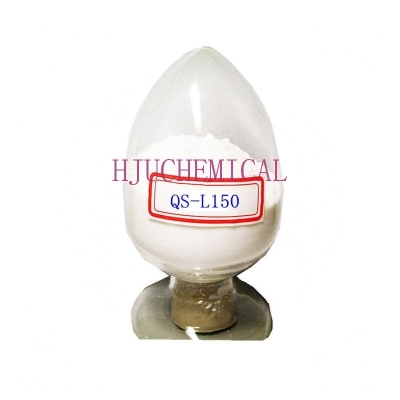-
Categories
-
Pharmaceutical Intermediates
-
Active Pharmaceutical Ingredients
-
Food Additives
- Industrial Coatings
- Agrochemicals
- Dyes and Pigments
- Surfactant
- Flavors and Fragrances
- Chemical Reagents
- Catalyst and Auxiliary
- Natural Products
- Inorganic Chemistry
-
Organic Chemistry
-
Biochemical Engineering
- Analytical Chemistry
-
Cosmetic Ingredient
- Water Treatment Chemical
-
Pharmaceutical Intermediates
Promotion
ECHEMI Mall
Wholesale
Weekly Price
Exhibition
News
-
Trade Service
The plastic waste problem is creating a shortage of technology to solve the problem
.
In the wake of this crisis, so-called "advanced recycling" - hailed by petrochemical companies and consumer brands as a solution to overall plastic pollution
.
In the wake of this crisis, so-called "advanced recycling" - hailed by petrochemical companies and consumer brands as a solution to overall plastic pollution
.
Certain brands have been working with biotech startups to develop a viable system for recycling so-called "non-recyclable plastics," which are plastic that is contaminated with food waste or composed of several different plastics
.
In recent years, however, the "high-tech" boom appears to have subsided as four high-profile projects have been abandoned or stalled in the past two years
.
Dow Project: Membrane is too dirty and will eventually burn Dow Project: Membrane is too dirty and will eventually burn
In one of these partnerships, Dow, one of the world's largest plastic manufacturers, partnered with chemical recycling startup Renewlogy in 2018
.
In one of these partnerships, Dow, one of the world's largest plastic manufacturers, partnered with chemical recycling startup Renewlogy in 2018
.
Shell project: Recycling into biomethanol dye, stalled
In a notable recent example of a failed chemical recycling project, Anglo-Dutch oil giant Royal Dutch Shell pledged in March 2019 to fund a low-carbon fuels plant to be developed by leading Canadian cleantech company Enerkem
.
In a notable recent example of a failed chemical recycling project, Anglo-Dutch oil giant Royal Dutch Shell pledged in March 2019 to fund a low-carbon fuels plant to be developed by leading Canadian cleantech company Enerkem
.
Unilever Project: Large-scale recycling of plastic bags, too high cost Unilever project: Large-scale recycling of plastic bags, too high cost
Financial challenges have also proved fatal for Unilever
.
Financial challenges have also proved fatal for Unilever
.
Delta Air Lines Project: Turning Waste Plastics into Jet Fuel, Ended Before It Begins Delta Air Lines Project: Turning Waste Plastics into Jet Fuel, Ended Before It Begins
Delta Air Lines' attempt to turn plastic waste into jet fuel was not even beyond the planning stage, as construction of "the first true commercial-scale facility to drive the new plastics economy" never began and plans were halted due to the early spread of the Covid-19 pandemic
.
.
As these examples show, chemical recycling is far from the holy grail solution for plastic waste, considering that for every ton of plastic processed this way, 3 tons of carbon dioxide are released into the atmosphere
.
However, investment and research in this area is promising (Unilever proves it!) and, if given the time, may help complement a holistic approach based on overall reduction of plastic production and reliance on mechanical recycling
.
.
However, investment and research in this area is promising (Unilever proves it!) and, if given the time, may help complement a holistic approach based on overall reduction of plastic production and reliance on mechanical recycling
.







